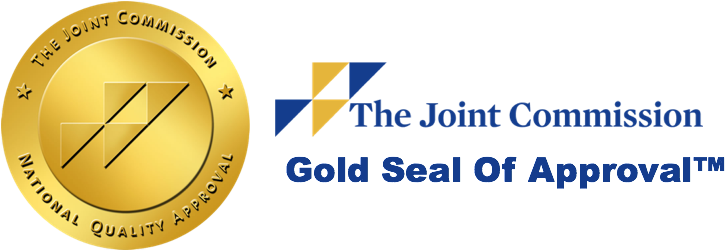Many people can relate to the feeling of being overwhelmed or frustrated at work. Yet, for most people, these feelings are manageable and dissipate once a little time passes and a few changes are made. For a certain percentage of people, however, work stress hits much harder and can lead to some serious issues of depression. By understanding the link between work stress and depression, individuals can recognize the value of seeking professional support before such stress begins to compromise their mental wellness.
Understanding Work Stress
While our understanding and acceptance of work-related stress has gotten better, there are still many people who don’t completely understand what it is, and what it entails.
According to the Indian Journal of Medical Research, “Workplace stress is defined by the World Health Organization as ‘the response people may have when presented with work demands and pressures that are not matched to their knowledge and abilities and which challenge their ability to cope,’ and elaborated that it can be caused ‘by poor work organization, by poor work design, poor management, unsatisfactory working conditions and lack of support from colleagues and supervisors.’” The journal also explains, “While research has established the two-way link between stress and these physical disorders, organizations need to realize this and encourage staff to maintain a good work-life balance.” This lack of balance is one of the ways where work stress can manifest.
How Does Work Stress Manifest?
Work stress can start to build up in many different areas of one’s work life. Perhaps one of the most common origins of work stress comes from being overwhelmed. However, work stress can also surface from feeling underwhelmed or, not feeling challenged in work duties.
The following are just a few of the more common signs of work stress:
- Not feeling appreciated at work
- Experiencing some form of harassment at work (from employers and/or coworkers)
- Taking on too much work
- Having an unsafe work environment
- Not getting enough sleep or eating enough
- Being under-compensated, or feeling under-compensated
- Working too much on “off” times
- Drinking or using substances as a coping mechanism for work stress
If any, some, or all of these signs exist, there is a very good chance that work stress is not far behind. This work stress should be addressed as soon as possible as it will most likely lead directly to work depression.
Is There a Link Between Work Stress and Depression?
It is now understood that there is a direct link between work stress and depression. A study reported in Psychological Medicine found that “[w]ork stress appears to precipitate diagnosable depression and anxiety in previously-healthy young workers… In a birth cohort of 32-year-old working women and men, we found a graded relationship between psychological job demands and the risk of depression or anxiety; in study members exposed to high psychological job demands the risk was two times higher than in those with low demands.”
This last aspect is important because it highlights how intense psychological demands that certain jobs put on their employees can do more harm than good. Depression caused by work is also something that almost always progresses unless an individual takes action and does something about it. This action should start by reaching out and talking to someone.
How to Manage Work Stress and Depression
Many people suffer from work stress in silence. This only prolongs the suffering and can even make it worse. Reaching out and telling a coworker, employer, or human resources (HR) department that one is feeling stressed can lead to rectifying that stress before it leads to depression.
There are also other ways to manage work stress and depression. One way is to lighten up a workload and take on fewer projects. Another healthy way to manage work stress is to take what is called a “mental health day.” This is a day off of work to decompress and “reset” when one is feeling overwhelmed. Yet another way to manage work stress is to make sure that one is getting enough healthy sleep and eating enough. Many people who get busy at work tend to forget how these two essential aspects of healthy day-to-day living can negatively affect their work lives.
Healing at the Cellular Level With The Phoenix Recovery Center
For those struggling with work stress and/or depression, life does not have to continue that way; there is a solution. Here at The Phoenix Recovery Center, we can be that solution. We offer addiction and mental health healing at the cellular level.
At The Phoenix Recovery Center, we understand the importance of taking care of ourselves in every aspect of our lives including our work lives. After all, it has been estimated that many of us will spend over one-third of our lives working. We must take care of that third just as much as the other two.
Work stress is one of the most common forms of stress today. It is also rather common for this stress to lead to depression. This is why it is so important to be able to recognize some of the warning signs that one’s work stress levels may be too high so they can be addressed as soon as possible. If you feel like you or a loved one is struggling with issues of work stress, depression, or both, we can help you get on the right road to recovery right away. For more information about the understood connection between work stress and depression, please reach out to The Phoenix Recovery Center today at (801) 438-3185.







